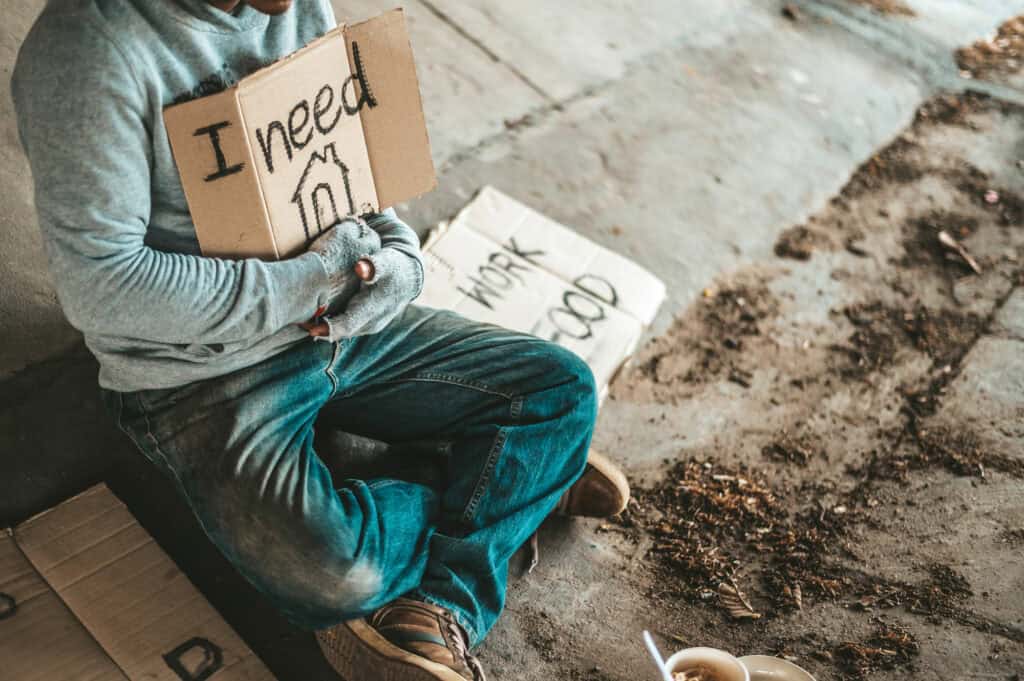On April 22, 2024, the Supreme Court began hearing oral arguments in Grants Pass vs Johnson, one of the most important cases in decades impacting those who are experiencing homelessness. More than 600,000 people are homeless nationwide, according to federal data, and nearly half sleep outside. The Supreme Court will decide if people sleeping on public property, in tent cities, or their cars can be fined, ticketed, or arrested. In the case of Oregon, officials are set to enforce such measures as imposing fines ranging from $75 to $295, and if gone unpaid, could result in jail time.
Unity in Community (UiC), a local grassroots organization concerned with achieving racial equity and social justice in North Mecklenburg, advocates for affordable housing as part of its social justice agenda. Fighting for racial equity is not just a moral duty, but also a strategic pathway to effectively addressing homelessness. Therefore, UiC firmly believes that the Supreme Court must exercise its moral duty in rendering a decision defending homeless individuals and uphold the Eighth Amendment of the U.S. Constitution, which prohibits excessive bail, fines, and cruel and unusual punishments.
Where are people supposed to sleep in cities and towns that lack sufficient shelter beds? As Supreme Court Justice Elena Kagen stated, “Sleeping is a biological necessity; sleeping in public is kind of like breathing in public.” Criminalizing one of the most basic of human needs is not going to solve the issues of those who are unhoused as a symptom of fundamental deficiencies in our society.
Please join UiC in calling on our local, state, and federal policymakers to implement, strengthen, and enforce policies for fair and affordable housing, anti-discrimination laws, equitable distribution of resources, including education funding, criminal justice reform, access to affordable healthcare, workplace development, and community investment.
PHOTO CREDIT: Image by jcomp on Freepik
